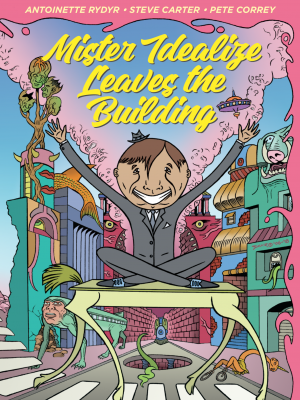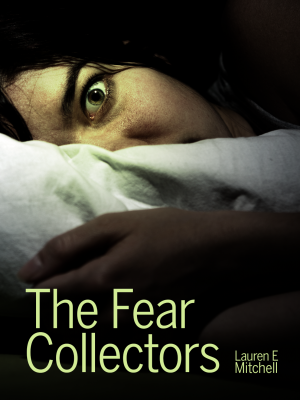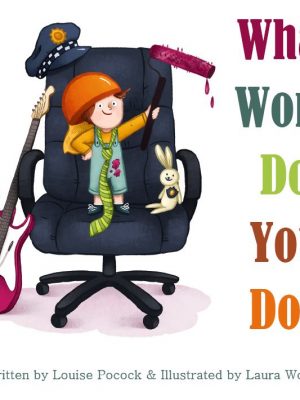“I wanted to be a helper who asked the “right” questions, in just the “right” way and have all my clients walk out feeling better than they walked in. I fancied asking all those good questions whilst wearing a business suit and kitten heels. With business cards. And maybe a name plate on the door.”
~
“I couldn’t shake the feeling my fellow social work students knew something I didn’t. Especially when the lecturers started going on about something called “use of self”. When we engage with our clients, they said, it was very important that we use our “self”. I can’t exactly use anybody else’s self, can I? What could they possibly mean? And which parts of my “self” would clients find useful?”
~
“Epilepsy aside, my health was robust. I possessed a fuss-free body and was full of admiration for its ability to do whatever it was meant to do without a second thought from me. Believing bodies to be wondrous machines with an infinite capacity for healing, restoration, peace and pleasure, I entertained the idea of a career within the health industry. After considering nursing and teaching, I began studying social work with a view to becoming a school counsellor. I eventually discarded school counselling but wasn’t immediately sure which field was right for me. I knew what sort of social worker I would be – an excellent one – so I didn’t feel under pressure to work out the details just yet.”
~
“Monday through Wednesday would be dedicated to the creation of mandalas and getting messy in the play therapy sand tray. Thursday to Friday would involve bringing out the paint, glitter and modelling clay and attending classes in yoga and meditation. Saturday’s and Sunday’s would be all about chocolate and wine fuelled soirees with the family and friends who formed my supportive network.
This sort of regime was guaranteed to prevent me from turning into a jaded and burned out old crone who sucked the life and energy out of every living being.” (P.21)
~
“One year after graduation, I surprised myself by signing up for the frontline work I never thought I could do. Mostly, my new colleagues were just like me – young, female and with a few years of experience in one of several human service professions. The rumours of high-turnover were real and the empty desks blighting our office landscape were proof. We are cake to welcome the staff who filled the empty desk and we ate cake to commemorate the efforts of comrades who’d left theirs behind. We ate a lot of cake. The handful of long-termers shared stories and laughed darkly about colleagues and clients who had come and gone. Dazzled by their platinum-grade hardiness, they inspired me to be a social worker who shared stories over cake.” (P.26)
“In the absence of someone to listen to all the internal arguments going on between my head and heart, I found my own solution. At the first sign a client was beginning to boil over with anger, I softened my eyes and allowed those who stared into them to fall into my soul. Quietly and gently, I flinched as their emotion was absorbed into my body and smothered into oblivion.” (P.29)
~
“Friday evenings at the pub formed the core of my social rhythm. My colleagues and I walked out of the office, our chests full of freedom and our tongues working hard.
Always, the conversation circled back to work matters. Then, we’d agree to quit talking about work, lean back in our chairs and commence several minutes of light banter before, again, allowing the conversation to turn back to work.
With confidentiality preventing us from discussing client matters in public, we developed a code. Leaning in towards each other and, in a low voice, we said:
‘Today, “D” said the most hilarious thing…’
‘Oh! Let me tell you what “B” did last week!’
‘I couldn’t cross off a single item on my “To Do” today, thanks to “G” and his usual tricks.’”
~
“My appetite disappeared instantly and wholly and its departure shocked me deeply. As did my intense need for the womb-like environment of my darkened bedroom. All of it spelled madness. Realising it was happening again, my first thoughts were for my poor family. How far would I descend this time?
I considered the many ways in which I’d curse any client unlucky enough to be assigned to Kristen Hogarth. They’d take one look at me and see vulnerability written all over my body. I slipped out of bed and stood in front of my full-length bedroom mirror. Silently, I assessed my soft and slouchy form.
I looked dazed and beaten. Arms, belly and thighs all oozed failure and all-round brokenness. Who on earth would willingly entrust their lives to such a sad-looking entity?”


















